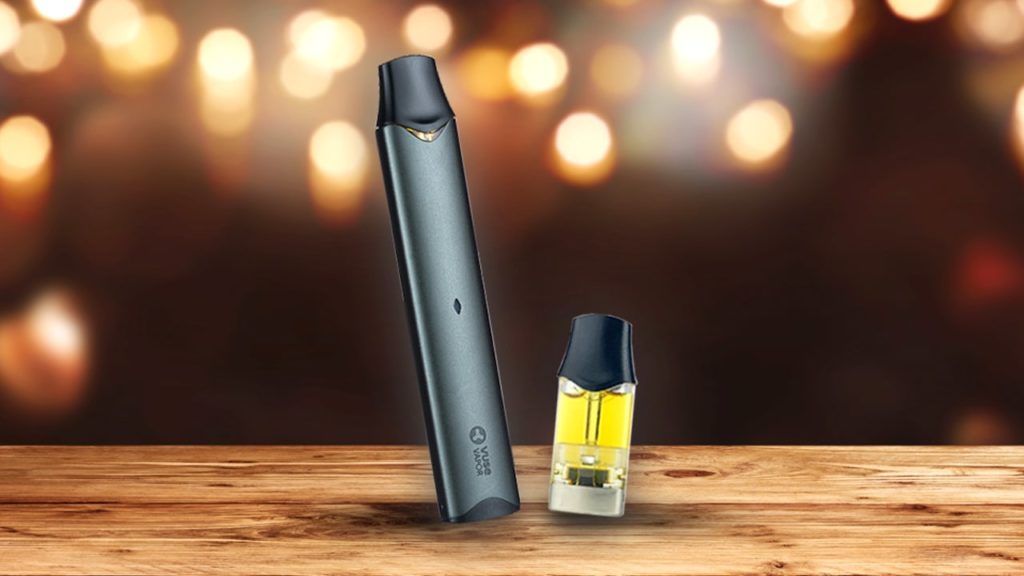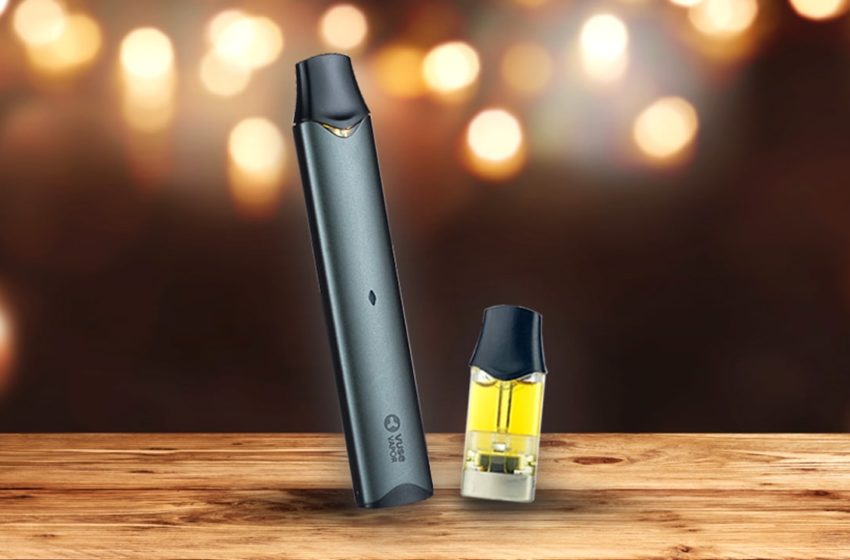
The latest Nielsen convenience store report covering the period ending November 4th shows the market share for R.J. Reynolds Vapor Co.’s Vuse electronic cigarette continues to grow over rival Juul.
Vuse’s market share rose from 41.8% to 42.1%, compared with No. 2 Juul being unchanged at 24.4%.
As recently as May 2019, Juul held a 74.6% U.S. market share in the electronic cigarette category. That’s when a series of regulatory actions led to product-reduction concessions by Juul.
Meanwhile, Altria Group’s ownership of No. 3 NJoy hasn’t resulted in a meaningful market-share increase so far. It remained unchanged at 2.5%, according to the Winston-Salem Journal.
Fontem Ventures’ blu eCigs, an affiliate of Imperial Brands Plc, was unchanged at 1.3%.
According to Barclays, Nielsen largely covers the big chains. For the smaller chains, the group extrapolates trends, which is why trend changes don’t appear immediately in Nielsen.
Altria Group and British American Tobacco have issued a warning about the surge in “illicit” synthetic nicotine electronic cigarettes in the U.S. vaping market. Both companies have estimated those synthetic products represent about half of the overall domestic market.
In July, BAT’s president and chief executive Tadeu Marroco expressed his frustration to analysts about the proliferation of “unauthorized products” in the U.S. vapor market.
Marroco’s concerns come in large part because of the pivotal revenue role Vuse is playing toward BAT achieving its fiscal 2024 goal of achieving annual profitability for its new-category products and its 2025 goal of at least $6.4 billion in new-category product revenue.
By comparison, Reynolds’ Vuse was down 1% in the latest report, while NJoy was down 13.7% and blu eCigs were down 15%. The overall e-cigarette category was down 8.1%.
The recent heightened pressure on overall tobacco industry volumes and sales remained steady over the four-week period.
The Nielsen report reflects the banning of traditional menthol cigarettes in California in December, which represents about 8% of the national marketplace.

